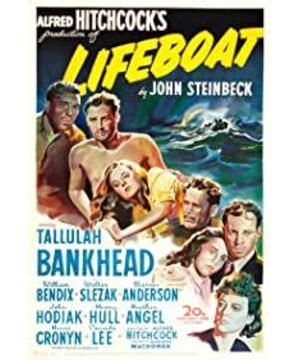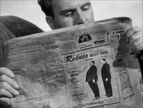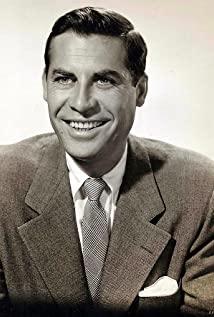Confining the protagonists in a small space and under extremely limited conditions, so as to torture the good and evil of human nature, is the motif of this film. The most exciting part of the movie is when the captain of the German submarine came to the ship, and everyone argued whether he should be killed. Personally, I think this passage can even be used as a classic textbook for film academies. The Kovac, who had previously tried to save the drowning passengers, believed that "the Nazi should be thrown into the sea!" Charles, the capitalist, believed that it was the time of war, "it was not his fault being German", and that "the United States should be used at this time." The Human Way - Vote!" to solve the problem. The crewman Smith, who had tried to save others first even though he was injured before, also wanted to "throw this Nazi into the sea!" and revealed the fact that he turned out to be a German. Connie, who had previously appeared to care only about getting a good picture but was indifferent to the suffering of the wounded, now also took on the role of protecting the German, calling Kovac a "communist" who hated the rich. The only black man on board refused to vote because he was black. But he was the only one who could pray for the dead, even though "God once belonged only to white men." Alice, the female nurse on board, did not understand what everyone was saying, but insisted that as long as it was a life, it was worth saving.
But later, when they learned that the German deceived everyone and killed Smith, everyone threw the German into the sea. I personally think that no matter how you evaluate this German, he should be treated as a prisoner of war, not lynched. The punishment, in the sense that these people have committed crimes. No matter how they behaved before.
How should you rate this movie? Whether the portrayal of the German fascist (the German submarine captain) was one-sided became an important criterion.
First of all, you must know that the German captain is the only character in the whole film who has only an "evil" side.
Second, the movie's ending: Hitchcock gets another German wounded sailor aboard, should he be thrown overboard, a "Hamlet-esque conundrum" for the protagonists, and the movie ends in Connie's "Should Have Them (Dying on a Lonely Boat)" person) to answer this question” ends. Hitchcock seems to be kind enough to leave the answer to the audience, but in fact what he wants to say is "let all German fascists die!"
Yes, my answer is that the film's portrayal of the German captain is Too one-sided, although he is a fascist.
Alfred Hitchcock was a great artist, a great humanist, (all great artists are great humanists.) But he was also an ordinary man, a man who was grieved and miserable for his country by Fascist Germany, I deeply understand this, but I have to admit that because of this, the artistry of the film has been lowered to a level.
View more about Lifeboat reviews











